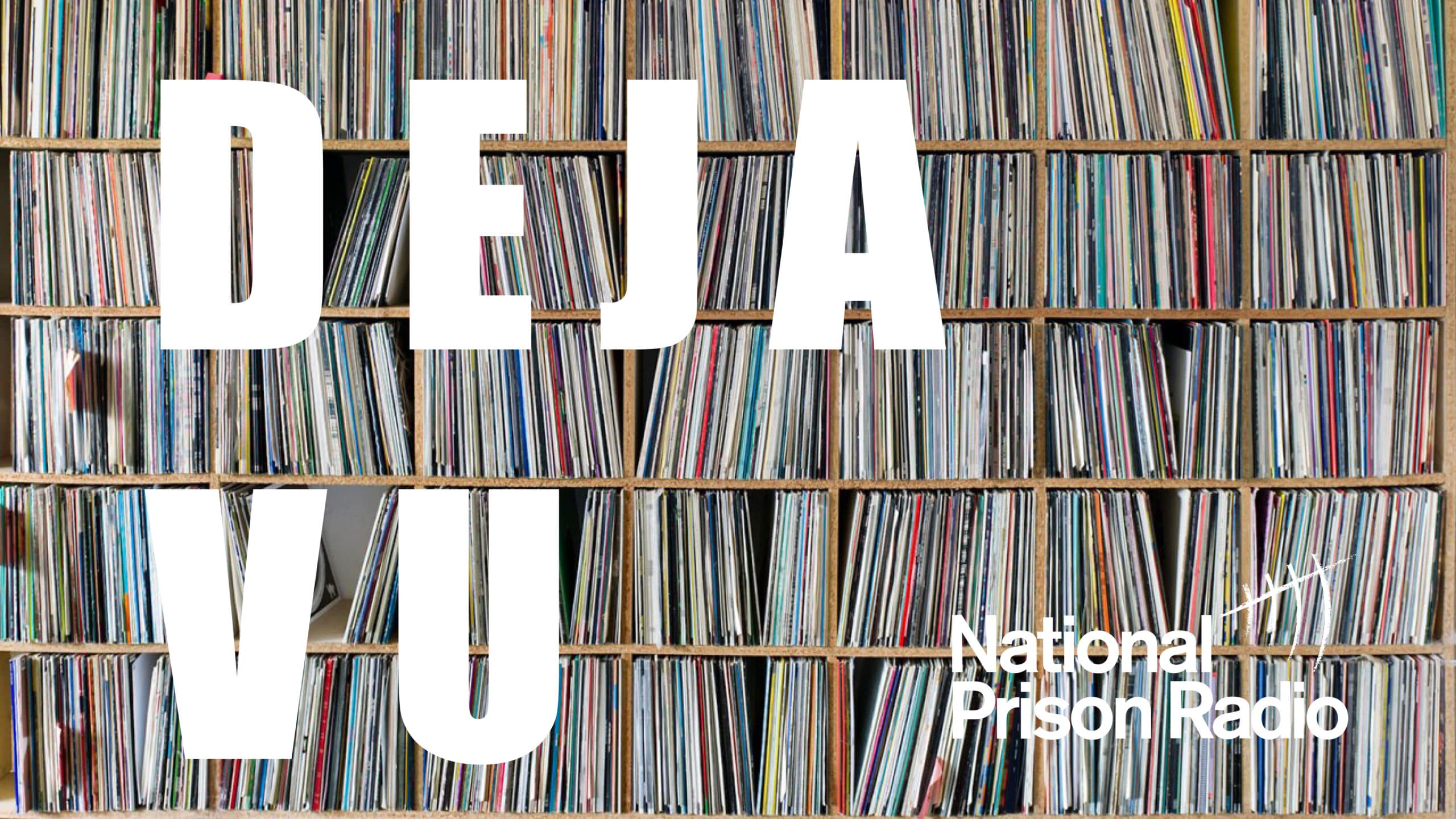
Scout recently left prison. She is a journalist and a published poet who worked for National Prison Radio while serving a prison sentence at HMP Styal. Here she gives her experience of working for National Prison Radio during her time behind bars.
When I told my ex-wife that I had got a job on National Prison Radio, she said: ‘That’s perfect for you. It combines your favourite things, journalism and music.’
I think that’s an affectionate way to say: ‘You spent at least 80% of our marriage talking at me about your favourite albums and useless facts surrounding said albums!’
And that’s true. What I love about National Prison Radio is I get to do all of those things. But also, it’s for people who really do want to listen, and aren’t inching away from me at a house-party as I talk very loudly for a very long time about why Squeeze were a good band, actually, and to prove it we really need to look at their oeuvre at large and get over ourselves.
On a more serious note, when I told people I had been arrested and put in prison, I thought they’d meet it with shock or worry or fear.
But truthfully, I think people were relieved. And eventually, so was I.
I remember my uncle saying to me: ‘Out of all the bad things that could have happened, this is the least bad thing.’
I’d reached a point in my life where I felt I’d exhausted all avenues.Anything I was supposed to be good at, I felt I’d failed at.
I used to be deeply ambitious but that ambition had given way to a sense of defeat that put me in rapid freefall, which led to hospitalisations, rehabs and now jail.
I’ve tried my hand at lots of things. Some have stuck. Some fell by the wayside almost as soon as they’d begun.
I’ve managed to set myself up with a poetry career that I am very proud of, and have two children that I am even more proud of. But still, there was this gnawing sense of inner restlessness and turmoil.
I have schizoaffective disorder, but before I came to prison I stopped taking my medication, because I didn’t really care about myself any more. I let go of any structure I had, any routine. Any sense of purpose, I abandoned.
Then, in this crisis, I was arrested for something I did whilst in a manic state of psychosis.
When I was taken to prison I was delirious, delusional and deeply troubled.
People have asked why nobody did a Mental Health Act Assessment, but I’m glad they didn’t. After being in prison for just a short while, as the meds started to kick in again, I thought: ‘Thank G-d.’
I’d been rescued by something not provided by hospital, I just didn’t know what it was yet.
I’d been in jail for a few months before I knew that working at National Prison Radio would be possible for me. I think it was my own reluctance in chasing up the opportunity, but the job came at the right time; I wasn’t ready for the job until the precise moment it was given to me.
I had been floating around the jail looking for whatever the answer was: I took art classes, tried my hand at gardening, learned embroidery and had far-flung dreams of maybe taking a dressmaking course on the outside.
But what I really, really missed was music.
I’d asked around the prison if there were any instruments on-site. A guitar or keyboard, even a ukulele, I didn’t care.
But I was told there are no instruments in the prison and there wouldn’t likely be any time soon unless I bought them myself, and that was out of the question for me.
I listened to National Prison Radio a lot, writing down the time-stamps at which my preferred songs would appear in various shows.
I listened to an episode of Deja Vu about Fleetwood Mac about a thousand times.

At home, the music is never not on, and when I’m not at home, I’m wearing headphones, and if the headphones aren’t charged, I’m not going out.
Coming to jail was a huge culture shock for me, for that alone. I kept joking to my cellmate that I wanted a job on National Prison Radio so I could play the shows I wanted to listen to. She worked at the station and told me, “I mean, that’s not a bad idea?”, and introduced me to the staff here at HMP Styal. I started working for National Prison Radio very shortly after that.
I quickly attached myself to the Deja Vu show and couldn’t believe my luck that not only could I finally listen to the music I liked, but share it with others.
I remember on my first day, armed with a good set of headphones and a library of music at my disposal, I cried with joy for hearing Elliott Smith for the first time in months.
I met up with the Chaplain later that week, and she asked me how I was doing with my new job, and I told her I had found my people: warm, silly, kind of goofy, who live for music and are driven by a desperate need to communicate.
My journey as a prisoner has been ongoing from the day I was arrested. It will continue for the rest of my life, long after I am released.
There are things prison has taught me around self-acceptance, patience, loving-kindness and empathy. But my time at National Prison Radio has reinforced these new discoveries around human nature, and humanity at large: something I had very much given up on.
Now, opportunities are open to me in broadcasting. I’ve discovered a passion and a talent I never knew I had and would never have explored had it not been for my sentence, and therefore National Prison Radio.
The greatest thing I have taken from this is one, great truth: When I stopped trying to force the things I wanted to happen, and stopped trying to fight against that which I did not want to happen, I was given abundance.
Scout recently featured as a guest on our smash hit podcast The Secret Life of Prisons. The episode focused on the use of ‘alcohol tags’ as a way of diverting people from crime, something Scout has experience of wearing herself.Alcohol tags have been being trialled as a way of dealing with alcohol-related disorder for some years. Now, increasingly, they’re being given to people released from prison on license as a way of reducing their risk of reoffending.
In this episode, we ask what are they, how do they know if you’ve been drinking, what’s it like wearing one and most importantly, do they work? You can listen to that episode below…
After her release, our producers continued to work with Scout to produce a radio ballad for BBC Radio 4. The programme is a blend of poetry, music and testimony, all created by Scout.
It’s the story of Scout’s relationship with alcohol, and with the tag that monitors her, told through Scout’s dazzling poetry. You can listen to that radio ballad here.
You can also read more of Scout’s story in her article in The Guardian here.
Every day, we work alongside people like Scout to create award-winning radio and podcasts. By providing opportunities for people in prison to be trained in radio production and have their voices heard and their passions shared nationally we can support individuals to build brighter futures beyond bars.
Stay up to speed with what’s going on with the Prison Radio Association by following us on:
X – @prisonradiouk
Instagram – @prisonradiouk
TikTok – @prisonradiouk
Facebook – Prison Radio Association
LinkedIn – Prison Radio Association
BlueSky – @prisonradiouk
We are a registered charity that relies on the kindness of others to keep these vital programmes running. If you would like to support our work, and enhance the futures of people in prison across the UK you can make a donation at prison.radio/donate.